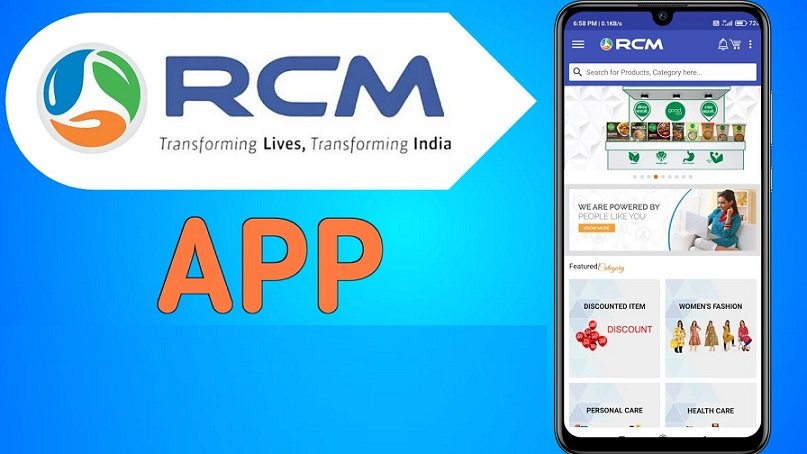In today’s competitive business landscape, the role of a Business Development Executive (BDE) is pivotal for driving growth and maintaining a company’s competitive edge. A Business Development Executive is responsible for identifying new business opportunities, building relationships with potential clients, and developing strategies to achieve the organization’s goals. Their work spans various domains, from market research and lead generation to client management and collaboration with internal teams. This article delves into the comprehensive responsibilities of a business development executive work the skills required for success, and their importance in organizational growth.
Table of Contents
ToggleWhat is the Role of a Business Development Executive?
A Business Development Executive serves as the bridge between a company’s products or services and the market. Their primary goal is to generate revenue by creating new business opportunities and nurturing relationships with key stakeholders. This role is essential for companies aiming to expand their market share, enter new industries, or enhance their customer base.
A BDE’s work is dynamic and involves collaboration with various teams, including sales, marketing, and operations. They are responsible for identifying potential clients, understanding their needs, and tailoring solutions that align with the company’s offerings. Moreover, their ability to analyze market trends and anticipate customer demands ensures sustained growth for the organization.
Key Responsibilities of a Business Development Executive
A Business Development Executive wears many hats, handling diverse responsibilities to support the company’s growth objectives. Below are the primary tasks typically performed by a BDE:
1. Market Research and Analysis
One of the foundational aspects of a BDE’s work is conducting thorough market research. This involves analyzing industry trends, studying competitors, and understanding the target audience. By doing so, a BDE can identify potential markets and customers, as well as anticipate challenges that might arise.
For instance, in a competitive market, analyzing consumer behavior and emerging industry trends allows a BDE to position the company’s offerings effectively. This process helps in recognizing untapped opportunities that can drive long-term growth.
2. Lead Generation and Prospecting
A key focus of a Business Development Executive is to generate leads and build a robust pipeline of potential clients. This process involves identifying decision-makers within organizations, reaching out to them through cold calls, emails, or networking, and sparking interest in the company’s products or services.
Effective lead generation requires a combination of strategic thinking, relationship-building skills, and an understanding of client pain points. A successful BDE can turn prospects into loyal customers by showcasing the value proposition of the company’s offerings.
3. Building and Maintaining Client Relationships
Establishing and nurturing strong relationships with clients is a critical aspect of a BDE’s role. Once a prospect is converted into a client, it is essential to maintain regular communication and provide excellent customer service.
For instance, a BDE might arrange follow-up meetings to discuss project updates, address client concerns, or explore additional opportunities for collaboration. Long-term relationships with clients contribute significantly to customer retention and recurring business.
4. Collaboration with Internal Teams
Business Development Executives often work closely with internal teams, including sales, marketing, and product development. By sharing market insights and client feedback, they help refine the company’s offerings and strategies.
For example, if a client expresses a need for a feature that the company’s product currently lacks, the BDE can relay this feedback to the product development team. This collaboration ensures that the company remains customer-centric and competitive in the market.
5. Negotiation and Deal Closure
Negotiating contracts and closing deals are crucial parts of a BDE’s responsibilities. They must strike a balance between meeting client expectations and ensuring profitability for the company. Strong negotiation skills, coupled with a clear understanding of the company’s pricing and policies, are vital for successful deal closure.
6. Strategic Planning and Execution
A BDE contributes to the company’s strategic planning by proposing initiatives to expand the business. This includes setting sales targets, developing market-entry strategies, and identifying areas for growth. The execution of these strategies often involves coordination with multiple teams to ensure alignment with the company’s broader goals.
Skills Required for a Business Development Executive
To excel in their role, Business Development Executives must possess a diverse set of skills. These skills not only enable them to perform their responsibilities effectively but also set them apart in the competitive job market.
1. Communication Skills
Effective communication is the cornerstone of a BDE’s work. They must articulate their ideas clearly, present proposals persuasively, and foster trust with clients and stakeholders. Strong interpersonal skills are equally important for building long-lasting relationships.
2. Analytical Thinking
A BDE needs the ability to analyze market data, identify trends, and make data-driven decisions. Analytical thinking helps them understand client needs, anticipate challenges, and propose solutions that align with the company’s goals.
3. Negotiation and Persuasion
The ability to negotiate effectively is critical for securing favorable deals. A BDE must balance assertiveness with empathy, ensuring that the client’s needs are met while protecting the company’s interests.
4. Time Management
Managing multiple clients, projects, and deadlines requires exceptional time management skills. A successful BDE prioritizes tasks effectively, ensuring that all responsibilities are addressed in a timely manner.
5. Adaptability
The business environment is constantly evolving, and a BDE must be adaptable to change. Whether it involves adjusting strategies due to market shifts or adopting new technologies, flexibility is essential for staying relevant.
6. Knowledge of Industry and Products
A deep understanding of the company’s industry and offerings enables a BDE to tailor solutions to client needs. Staying updated on industry trends and competitors’ activities ensures that they remain ahead in the game.
The Importance of a Business Development Executive in Organizational Growth
The role of a Business Development Executive is indispensable for companies aiming to grow and expand. By identifying new opportunities and fostering relationships with clients, they contribute significantly to revenue generation. Moreover, their insights into market trends and customer preferences help shape the company’s long-term strategies.
For example, in industries with high competition, a BDE’s ability to build a strong network and explore innovative approaches can provide a company with a competitive edge. Additionally, their role in maintaining client satisfaction ensures consistent business growth and enhances the company’s reputation.
Challenges Faced by Business Development Executives
While the work of a Business Development Executive is rewarding, it is not without challenges. Some common obstacles include:
- High Competition: Standing out in a crowded market requires creativity and persistence.
- Client Retention: Ensuring long-term relationships with clients demands continuous engagement and excellent service.
- Pressure to Meet Targets: Achieving sales and revenue goals within tight deadlines can be stressful.
- Adaptation to Market Changes: The ability to pivot strategies in response to changing market dynamics is crucial for success.
Conclusion
The work of a Business Development Executive is multifaceted, requiring a mix of analytical, interpersonal, and strategic skills. Their contributions are vital for driving revenue, building client relationships, and shaping the company’s future. By understanding the responsibilities and challenges associated with this role, businesses can better leverage the expertise of their BDEs to achieve sustained growth. For professionals aspiring to excel in this field, honing the right skills and staying adaptable are keys to long-term success.




